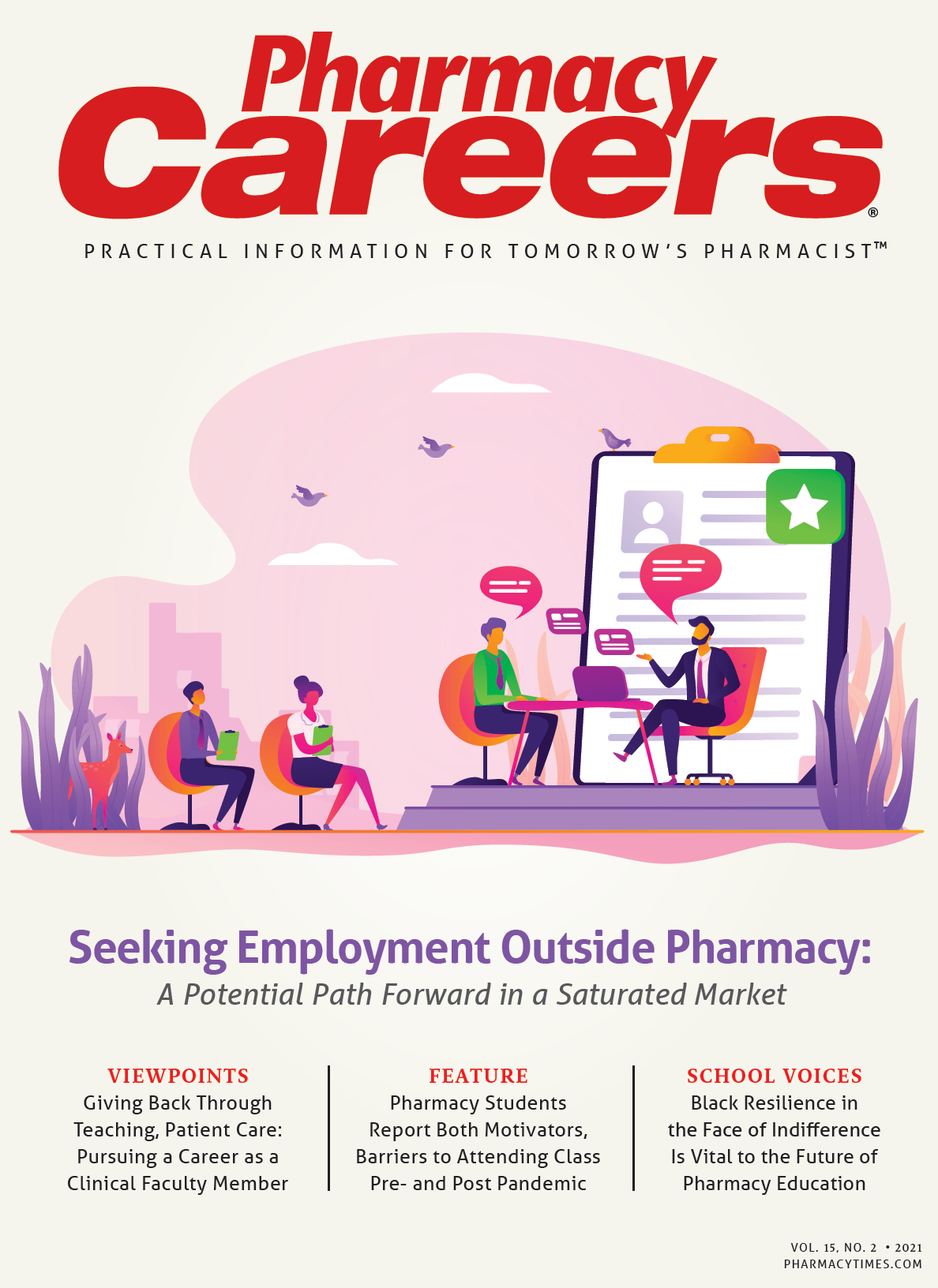Publication
Article
Pharmacy Careers
The Career Connection Between Pharmacy and Toxicology
Author(s):
The pharmacy profession has a myriad of opportunities for advancement and a diverse array of career paths that anyone with a pharmaceutical education can pursue. Using the knowledge gathered through school and real-world experiences, pharmacists can easily transition from one role to another.
One notable position that pharmacists can pursue is the role of a toxicologist. The extensive drug knowledge that pharmacists possess can increase their chances of success in the field of toxicology as well.
Some may have difficulty articulating exactly what toxicologists do day to day and how their work relates to medical and scientific fields. However, toxicology and pharmacy are similar disciplines that require individuals to have a deep understanding of the basic properties and mechanism of action of various chemicals. Both professions explore a mixture of therapeutic and adverse effects (AEs) of chemicals and drugs.
Although many people may be aware that toxicologists study and handle dangerous or toxic agents, the definition expands well beyond that focus. Toxicology also assesses the AEs of chemical and physical agents on living organisms and seeks to manage and avoid injury from chemicals and radiation for these organisms.1
Pharmacists are well positioned to move into the field of toxicology because there is a growing effort to increase awareness of the role of toxicologists by the general public and other disciplines. Like pharmacists, toxicologists strive to remain updated on the latest developments within their field, which involves working with advanced biotechnology to learn as much as possible about toxins at the molecular level.2
Under the umbrella of toxicology, a broad array of disciplines are covered. Given the range of effects that toxins can have, toxicologists may work in environmental groups, government and law agencies, regulatory bodies, research fields, academia, forensics, clinical environments, or independent corporations and laboratories.3 According to the Society of Toxicology, more than half of toxicologists work in toxicology-focused organizations, whereas 34% work in academia and 12% work in government.2
There are several toxicology-focused organizations for those who are interested in toxicology, including societies and academic institutions that provide valuable information on degree plans and opportunities after graduation. At the government level, toxicologists can help develop laws and regulations for the use of chemicals. On the other hand, in academic settings, toxicologists can pursue professor- ships and conduct research in the field.
One of the most notable career paths for toxicologists is in forensics, where they can apply their knowledge to criminal or legal matters. The role of a forensic toxicologist involves evaluating several substances to find resolutions to crimes or to identify contaminants that can exist in the environment, food, or water supply.3
In the research arena, a toxicologist may partner with a pharmaceutical company to ensure that new agents are safe for testing when they are to be used in human clinical trials.4 Toxicologists can also work for the National Toxicology Program, overseeing the design of studies to develop con- trolled environments that mimic the exposures humans may encounter in any situation.4
In addition to becoming accredited in internal medicine and participating in acute or chronic medical tasks, toxicologists can also receive recognition and acknowledgment for their years of contribution to the field.1 They can apply to obtain the designation of diplomate of the American Board of Toxicology by completing several tests that demonstrate their expertise in specific core competencies.
As toxicologists gain knowledge and experience in the field, they can also serve as experts who may be called upon for guidance by others. Furthermore, toxicologists can affect the direction of health care through their study of toxins and toxicants and can protect public health by understanding which chemicals cause harm.
Pharmacists have an array of opportunities within the field of toxicology to explore. When it comes to choosing a specialty area for a pharmacy career path, in some ways, the options may seem limitless. However, toxicology remains a unique and ever-changing discipline that can offer a range of opportunities within its scope of practice, making it an ideal option for pharmacists interested in exploring multiple avenues within the field.
REFERENCES
- Fok H, Webb D, Sandilands E. Clinical toxicologists: the poison specialists. BMJ. 2016;355:i4973. doi.org/10.1136/bmj.i4973
- Toxicologist career: what is a toxicologist? HealthCarePathway. Accessed August 24, 2021. https://www.healthcarepathway.com/health-care-careers/toxicologist/
- Roufa, T. What does a forensic toxicologist do? The Balance Careers. Updated August 20, 2021. Accessed August 24, 2021. https://www.thebalancecareers.com/forensic-toxicologist-job-and-salary-information-974647
- Toxicology. National Institute of Environmental Health Sciences. Reviewed May 23, 2021. Accessed August 24, 2021. https://www.niehs.nih.gov/health/topics/science/toxicology/index.cfm

Newsletter
Stay informed on drug updates, treatment guidelines, and pharmacy practice trends—subscribe to Pharmacy Times for weekly clinical insights.





